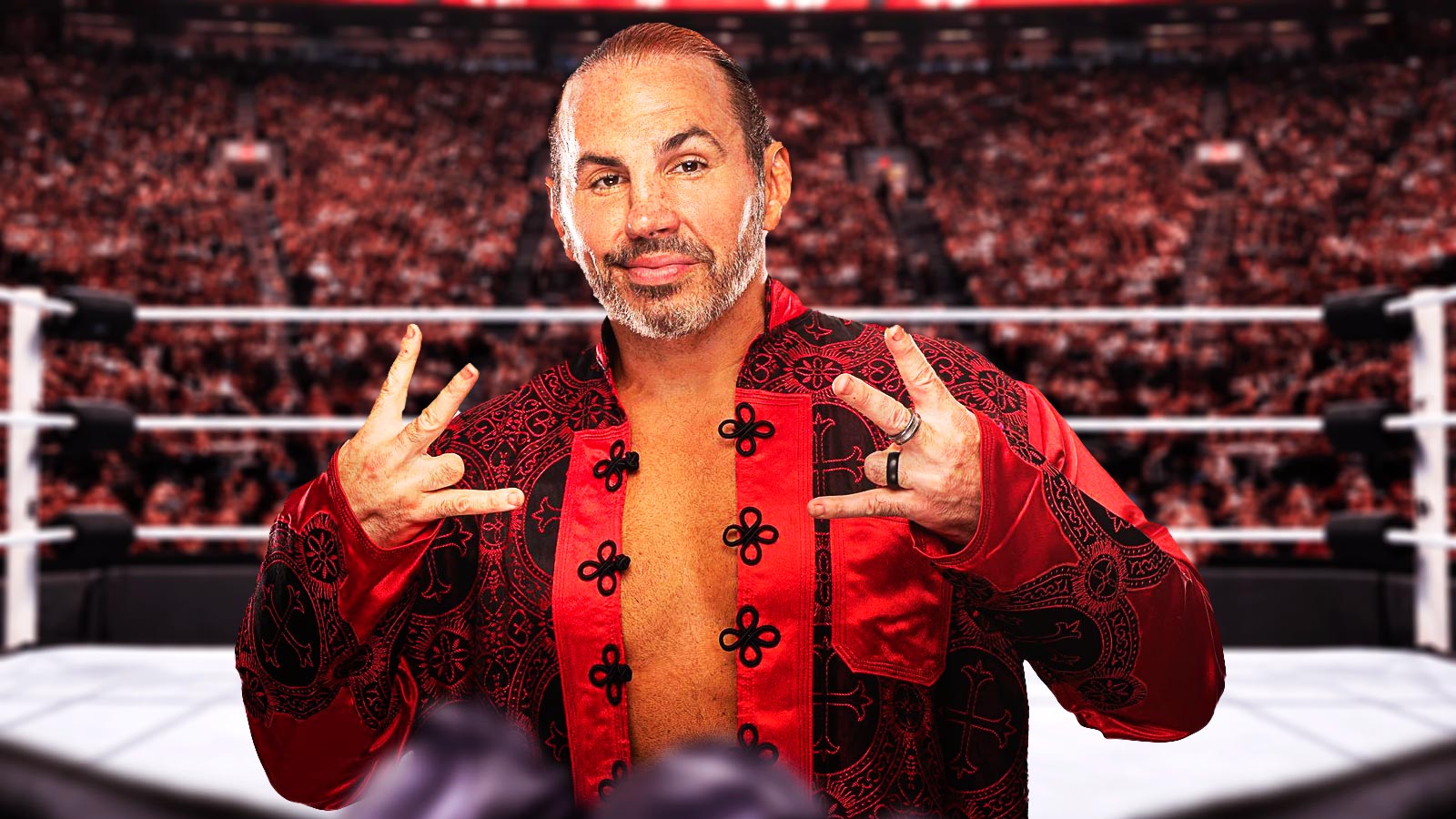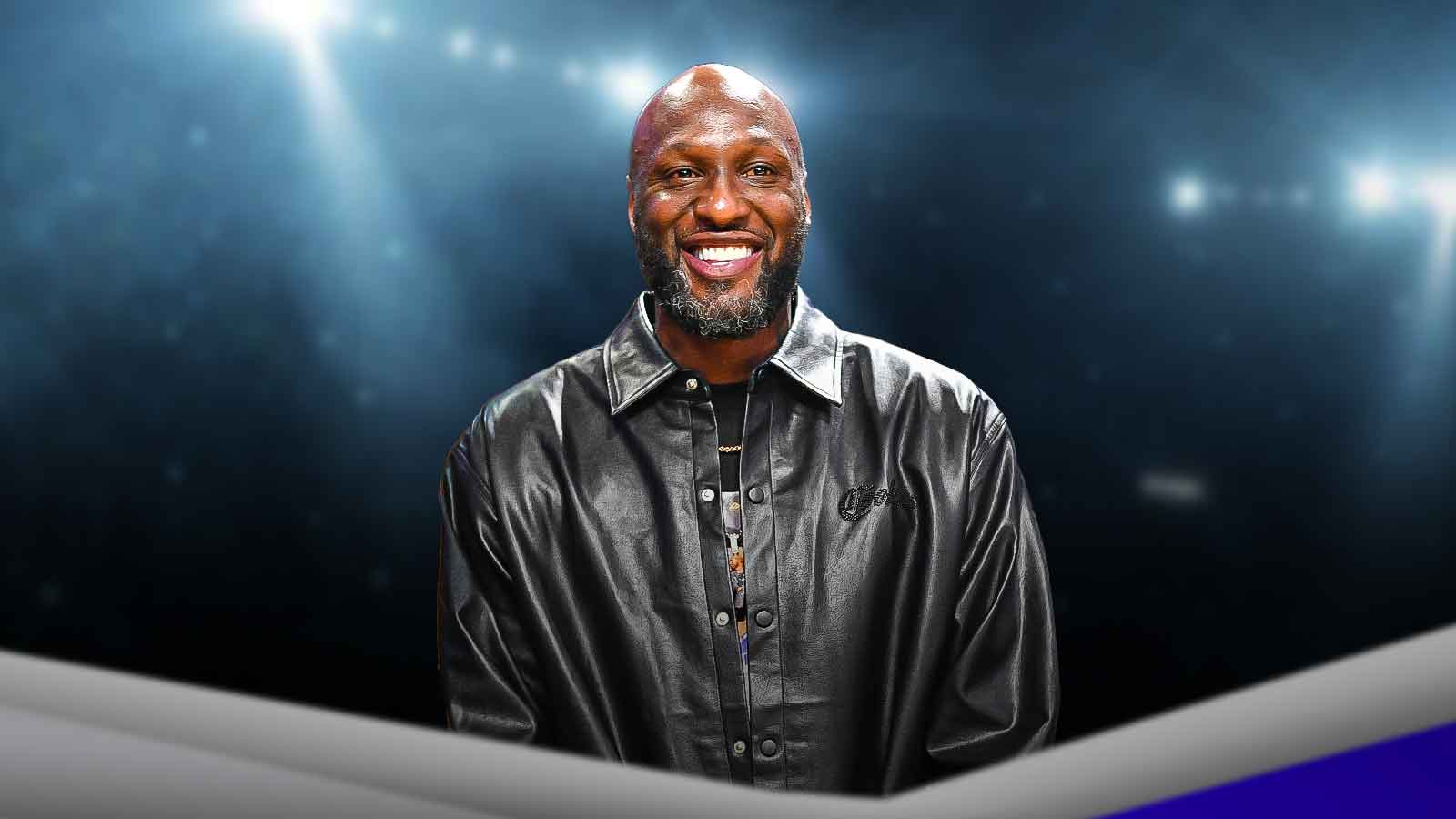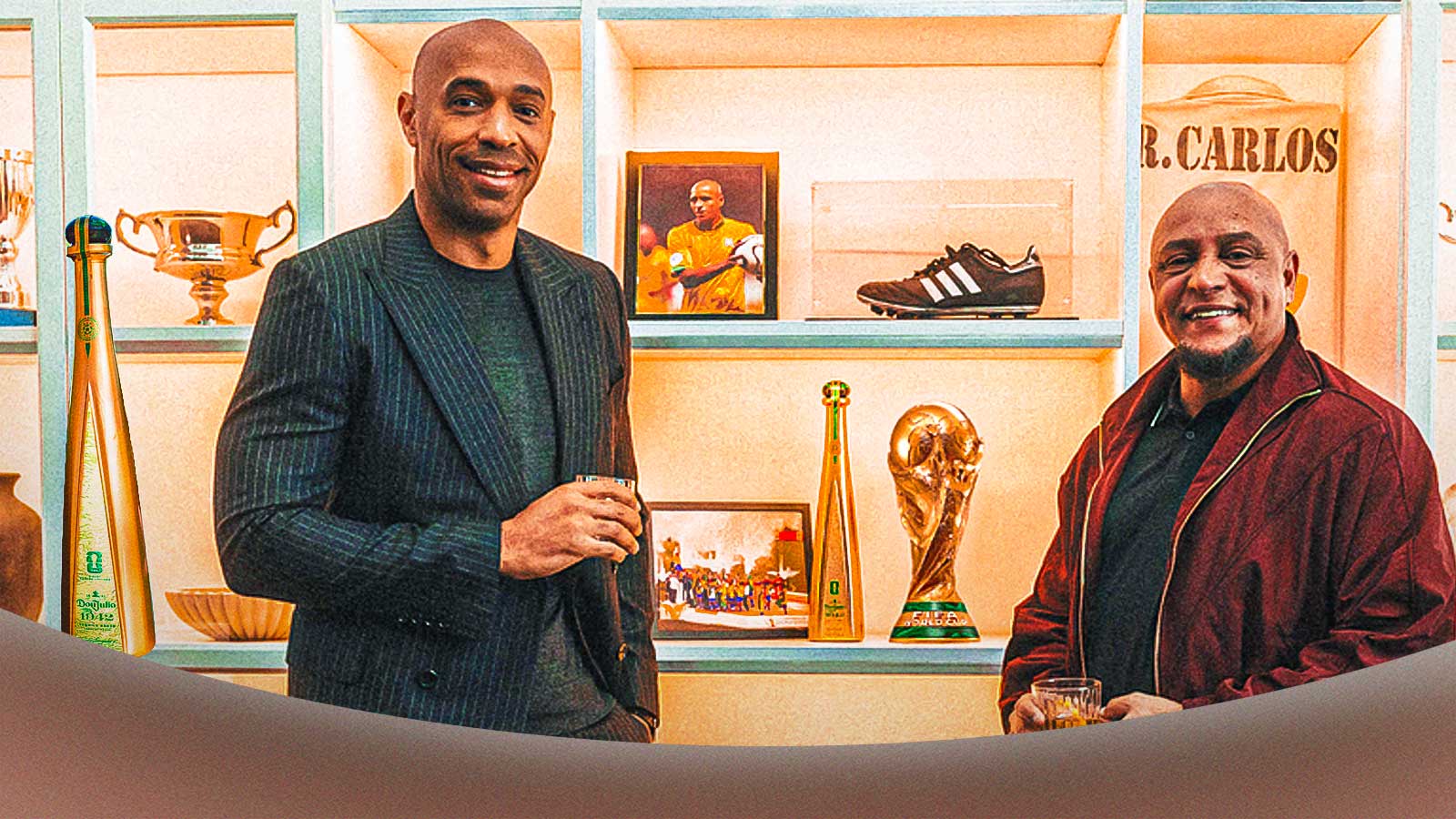LeBron James kept things light after the Lakers beat the Jazz on Nov. 18, joking that he and Bronny “do not talk as much” now that his 21-year-old son finally has his own place. The remark had reporters laughing, but it also opened a window into how their father-son dynamic continues to evolve as they navigate their second season as teammates, per PEOPLE.
LeBron said he enjoys watching Bronny grow into adulthood. He reminded everyone that his son is “still young,” pointing to his recent birthday on Oct. 6. When asked what it has been like to see Bronny transition into the league, LeBron highlighted the joy of watching him embrace independence, while still nudging reporters to ask Bronny directly. “He is not a resident anymore so we do not talk as much, he has his own place,” LeBron said with a grin.
Moments later, he spotted Bronny across the locker room and called out, “Bronny, how are you?” The exchange summed up the blend of family warmth and professional reality that defines their unique situation.
Bronny’s growth and LeBron’s return
Bronny, the eldest of LeBron and Savannah’s three children, continues to carve out his role with the Lakers. The two made league history last year when they became the first active father-son duo to share an NBA roster. Now they enter season two together, each facing new challenges. LeBron missed the first 14 games because of sciatica, then returned with 11 points and 12 assists, continuing his streak of double-digit scoring nights.
Bronny keeps building confidence and earning opportunities, drawing increasing attention as one of the youngest storylines in the league. His presence on the court marks the fulfillment of a goal LeBron spoke about years earlier when Bronny was still in high school and later at USC.
Balancing family and adulthood
LeBron made it clear there is no tension at home. Bronny simply reached a stage where he has his own apartment, schedule, and growing responsibilities. The NBA veteran respects that shift. He recognizes the pride in watching his son grow and the reality that their conversations might happen a little less, not because of distance, but because adulthood arrives with its own rhythm.



















